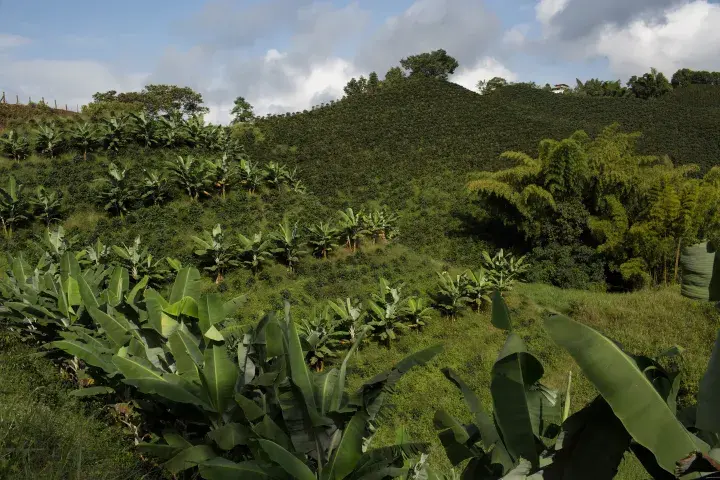Measuring up: helping governments and businesses to confidently use credible sustainability standards
As companies and governments seek effective solutions to meet their sustainability goals, the importance of credible and robust benchmarking is increasing. ISEAL’s Sustainability Benchmarking Good Practice Guide offers a useful framework to plan and implement benchmarks of sustainability standards, tools and policies.
One of ISEAL’s core objectives is to support governments and companies to use credible sustainability standards to achieve their sustainability goals. Therefore, we’re heartened to see both increasing awareness and action to consider sustainability issues within supply chains. To support this, we released ISEAL's benchmarking guidance as a practical companion for experts and practitioners.
Taking responsibility for what happens in supply chains
In recent years we have seen more governments take leadership on sustainability, both in procurement and increasingly through setting due diligence requirements for companies that require them to address issues in their operations and supply chains.
In the Netherlands, for example, a new law requires companies to assess and address child labour, while the European Commission is currently considering its policy options for tackling deforestation caused by the supply chains of EU-based companies.
Some of the more advanced policy efforts are focused on a ‘smart mix’ approach: a combination of legislative action and support for credible ‘voluntary’ initiatives, such as sustainability standards. In all of this, it’s important that public policies support only those private sector standards or tools that are effective.
In parallel to stronger government action, many leading brands and manufacturers have committed themselves to drive better practices within and beyond their supply chains. To realize these commitments, they turn to sustainability standards across a growing range of sectors, while some are developing in-house company programmes or working with trade association tools. The challenge they face is finding the most appropriate standard, tool, or initiative that is best able to deliver sustainability results.
How can governments and businesses know where to start?
Whether you represent a company, government, NGO or other stakeholder, the question of how to recognise and reward sustainable or responsible supply chain practices is a critical challenge. As the number of standards, certification programmes, platforms and tools continues to grow, finding an answer is daunting.
One solution is to develop a benchmark that compares and recognises these different standards and approaches. Benchmarking is a way of deciphering the sustainability landscape. It provides a framework to evaluate and compare standards and similar initiatives. This helps you to understand the relative strengths and weaknesses of different standards and approaches, and identify which ones align with your objectives.
A framework to evaluate and compare standards
Sustainability benchmarks not only provide information, they also create market incentives and signals. However, the design, process and methodology behind benchmarking results often vary considerably. Until recently, the challenge has been the lack of clear guidance on structuring these benchmarking processes to deliver clear, credible and consistent results.
The launch of the ISEAL Sustainability Benchmarking Good Practice Guide will help to make benchmarking an effective tool for governments and companies: giving them confidence in their choice of which standards, tools or corporate policies to reference and use.
Developed through a global consultation process and in collaboration with leading international benchmarking programmes as well as the UN International Trade Centre (ITC), the Benchmarking Guide is a step-by-step manual on how to set up and implement an effective benchmarking programme.
- Download the ISEAL Sustainability Benchmarking Good Practice Guide
- Catch up with our webinar "Measuring up: How businesses and governments can operationalise sustainability" via the link on the right


